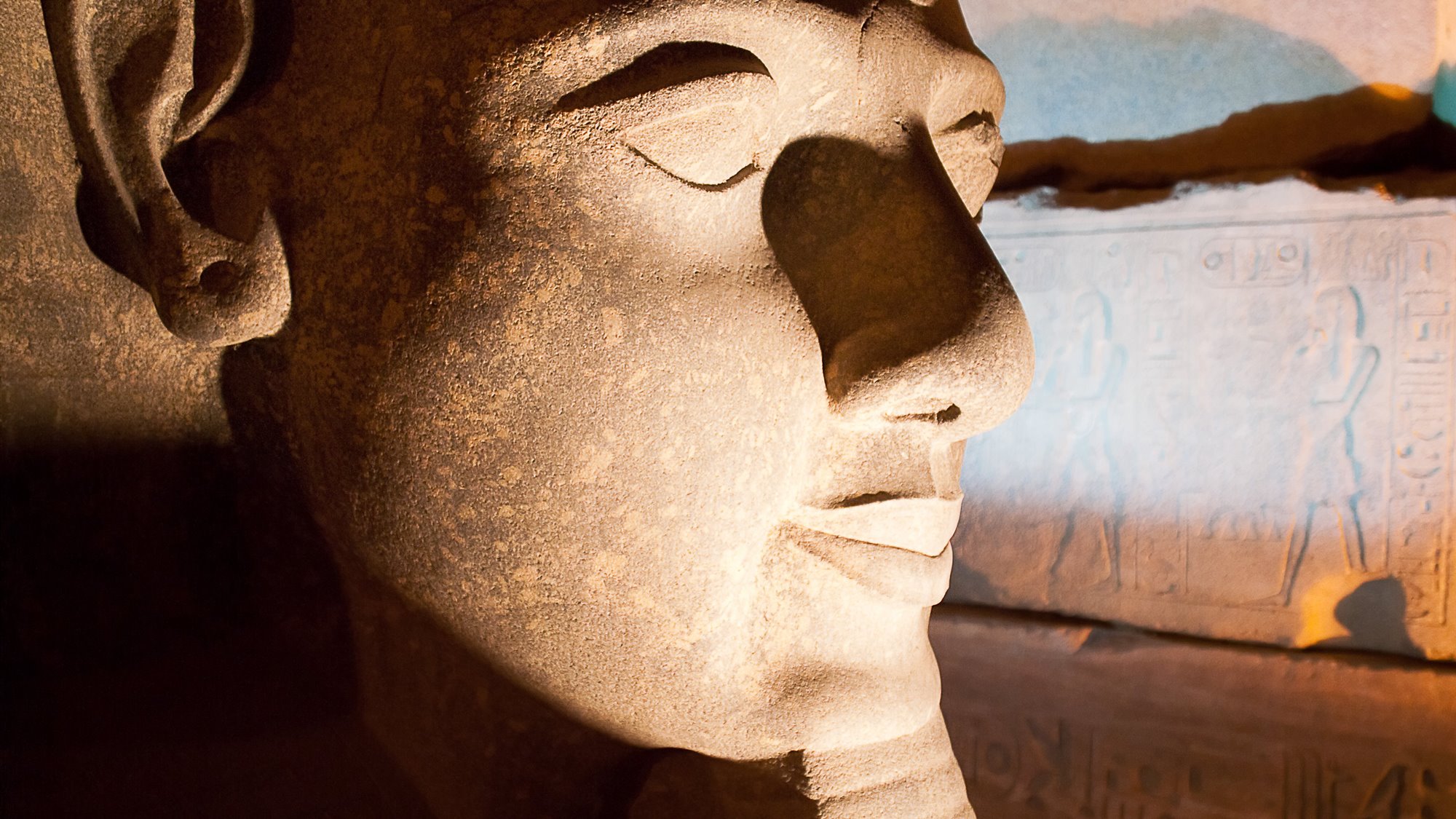Archaeology Travel Guide Rwanda
Reasons to Visit Rwanda

Responsible Tourism,

Memorials,

Arts & Crafts,

… and Epic Scenery.
About Our Rwanda Travel Guide
This Rwanda Travel Guide is a collaborative project between Red Rocks Initiative and Archaeology Travel. Red Rock Initiative supports local-led initiatives to conserve the environment and uplift communities in the Virunga Mountains of East Africa. Registered as an NGO with the Rwanda Governance Board, Red Rocks Initiative is also a member of the Rwanda Climate Change and Development Network and the Rwanda Environment NGO’s Forum. Archaeology Travel is happy to promote the cultural and history tours of Red Rocks Rwanda, a sister organisation offering eco-tours around the country.
Interesting Things to Know About Rwanda
Rwanda’s landscape is characterized by its rolling hills, earning it the nickname ‘Land of a Thousand Hills’. The lush green terrain is both stunningly beautiful and a defining feature of the country. Rwanda is renowned for its conservation efforts, particularly in protecting mountain gorillas. The country is home to roughly a third of the world’s population of these critically endangered primates. Volcanoes National Park in Rwanda is one of the few places on Earth where you can go gorilla trekking. It’s an unforgettable and conservation-focused experience that allows you to get up close to these remarkable creatures.
Rwanda has a rich cultural heritage with diverse ethnic groups, including the Hutu, Tutsi, and Twa. Traditional dances, music, and ceremonies play a significant role in Rwandan culture. Umuganda is a unique tradition in Rwanda where citizens come together on the last Saturday of every month for a day of community service. This practice promotes unity and social cohesion. Kinyarwanda is Rwanda’s official language, and it is widely spoken across the country. English and French are also official languages, reflecting Rwanda’s colonial history.
Rwanda is known for its high-quality coffee beans. Coffee plantation tours are popular among tourists who want to learn about the coffee-making process, from cultivation to production, and taste freshly brewed Rwandan coffee.
Explore Rwanda
Featured Tours of Rwanda

Red Rocks Rwanda
History, Culture & Nature
Historic Sites, Memorials & Museums in Rwanda
Kings' Palace Museum
Nyanza has a long history, but most recently as the site of the King’s residence until 1962 when Rwanda ceased to be a monarchy. Today the site is a museum, where visitors get a guided tour of the traditional houses occupied by the king and his court. The beehive shaped thatched houses have been faithfully reconstructed to give an idea of what the royal compound was like before the king moved into a more modern styled residence in 1932. Visitors also get to see the famous long-horned Inyambo cattle, which are descended from the king’s herd.

Volcanoes National Park
Originally established in 1925 as the Virunga National Park (formally known as Albert Cook National park during the Belgian colonial period), it was later subdivided into three national parks, that share the Virunga massif – Virunga National Park in the DRC, Mgahinga National Park in Uganda and Rwanda’s volcanoes National Park. The park is one of the few places on Earth where you can go gorilla trekking. It is also well known as the home of the golden monkeys. And where visitors come to hike five of the eight extinct volcanoes in the Virunga Mountains: Karisimbi, Bisoke, Muhabura, Gahinga and Sabyinyo. It was here that Diane Fossey set up her Karisoke Research Centre in 1967. After her murder in 1985, she was buried in the park.



